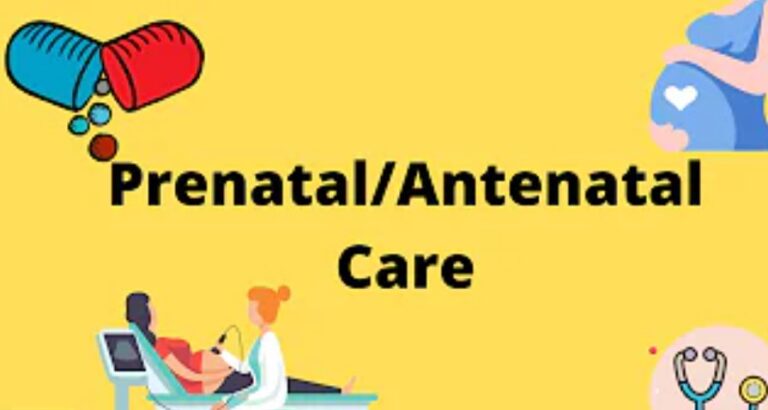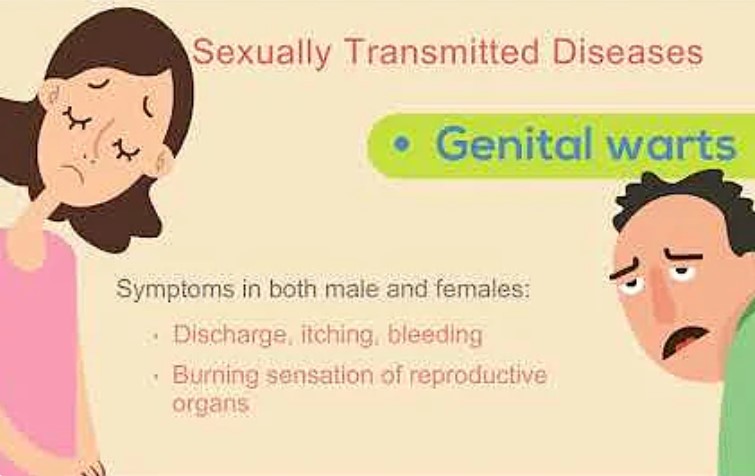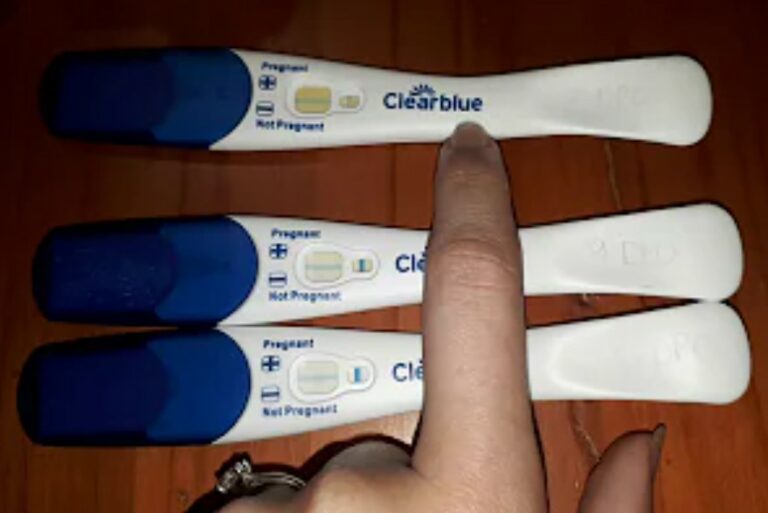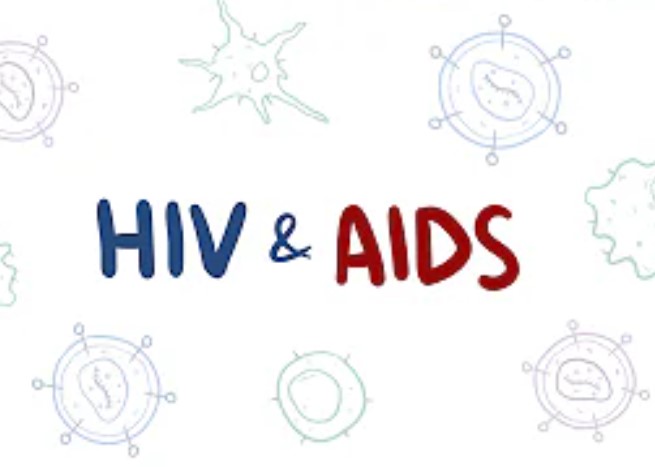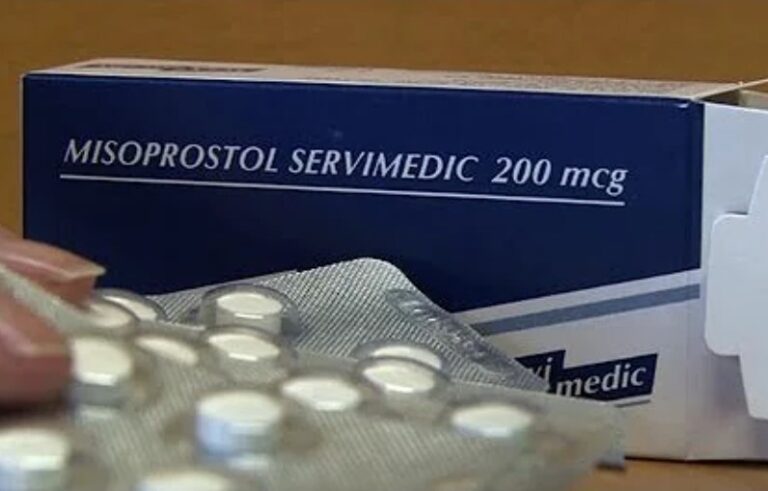Livonurgestrel (Morning-after pill): Side Effects, Dosage, and Overdose
What is Livonurgestrel?
Livonurgestrel is a synthetic progestogen hormone drug used by women to prevent pregnancy after birth control failure (such as a broken condom) or unprotected sex.

Indications:
Livonurgestrel is an emergency contraceptive for the prevention of pregnancy following unprotected intercourse or if you were forced into having sex (rape) or after a known or suspected contraceptive failure such as: when a condom breaks or you missed taking your regular contraceptive pills or injections or you did not abstain from sex during your fertile period, etc. Livonurgestrel can be used by women of all reproductive ages including adolescents.
Mechanism of Action:
Livonurgestrel mainly acts by preventing the release of an egg (ovulation) or by stopping the egg and sperm from meeting (fertilization), through altering the tubal transport of sperm and egg to addition, it may inhibit implantation by altering the endometrium but it is not effective once the process of implantation has begun.
Contra-Indications:
Livonurgestrel is contraindicated for use in the case of known or suspected pregnancy or if you are hypersensitive to Levonorgestrel
Dosage and Administration:
Take 1.5 mg orally to prevent pregnancy as soon as possible, not later than 72 hours (3 days) after unprotected sex, rape, or suspected contraceptive failure. The earlier you take Livonurgestrel, the more effective it will be if you vomit within two hours of taking the tablet, you should repeat the dose. It can be used at any time during your menstrual cycle.
What happens if you have unprotected intercourse more than once in 72 hours?
Emergency contraceptives like Livonurgestrel prevent pregnancy by delaying ovulation and are most effective within the first 24 hours (1 day) of unprotected sex. As a result, if you have taken Livonurgestrel and have unprotected sex again after 24 hours, you may be at risk of pregnancy because active sperm could be waiting in the fallopian tubes when the egg is eventually released, therefore another dose of Livonurgestrel can be taken to ensure prevention of pregnancy. Please note that even if multiple acts of unprotected sex occur in a day Livonurgestrel should not be taken more than once within 24 hours Subsequently, it is recommended you begin a regular short or long-term method of contraception the day after taking Livonurgestrel and you should consult a healthcare professional for advice on choosing a method.
What happens if you take Livonurgestrel more than once in your cycle?
Repeat use of Livonurgestrel or emergency contraceptives poses no known health risks, it is medically safe. You may have menstrual changes such as shorter/ longer cycles and a heavier/ lighter period than normal and other side effects should be anticipated. However, it is recommended that you use a regular, ongoing method of contraception as it is the most effective way to prevent pregnancy, so subsequently, you should consult a healthcare professional for advice on choosing a regular method.
How safe is Livonurgestrel?
Extensive research and many years of monitoring have shown that emergency contraceptives (Livonurgestrel) are safe. They do not affect fertility increase the risk of cancer or ectopic pregnancy or cause long-term side effects. However, like all drugs, they can have side effects, but these are usually minor temporary side effects such as irregular menstruation, nausea, etc. (Read more about side effects below). Emergency contraception is a safe and important option for preventing unwanted pregnancies.
Side Effects:
The following side effects may occur in about 4% of women on emergency contraceptives:
- Menstrual changes
- heavier menstruation or lighter bleeding
- Nausea
- Lower abdominal pain
- Fatigue, Headache
- Dizziness
- Breast tenderness
- Delay of menses (7 days)
These symptoms may be treated symptomatically and usually resolve within a few days.
Precautions:
Effects on Menses:
Some women may experience spotting a few days after taking Livonurgestrel but this is not your period and menstrual bleeding may occur earlier or later than expected by a few days. If your menses is delayed beyond one week of the expected date, consider the possibility of pregnancy.
Existing Pregnancy:
Livonurgestrel is not effective in terminating an existing pregnancy. It is not an abortion drug.
Ectopic Pregnancy:
A history of ectopic pregnancy is not a contraindication to the use of this emergency contraceptive method. If you develop severe lower abdominal pain or still become pregnant after taking the tablet, you may have an ectopic pregnancy and should seek an immediate medical checkup.
STI/HIV:
Livonurgestrel does not protect against HIV infection or other sexually transmitted infections (STIs); use a condom.
Drug Interactions:
Drugs or herbal products that induce enzymes such as CYP3A4 may decrease the effectiveness of progestin-only emergency contraceptives (Livonurgestrel). Such drugs include Barbiturates, Carbamazepine, Ciclosporin, Griseofulvin, Oxcarbazepine, Phenytoin, Ritonavir, Rifampicin, St.John’s wort, Topiramate, etc.
Overdosage:
No serious risk is associated with overdose, although the common side effects of nausea and associated vomiting should be anticipated.
Storage:
Store below 30 ° C away from direct light.
Watch this video to understand more about Morning-after pill

